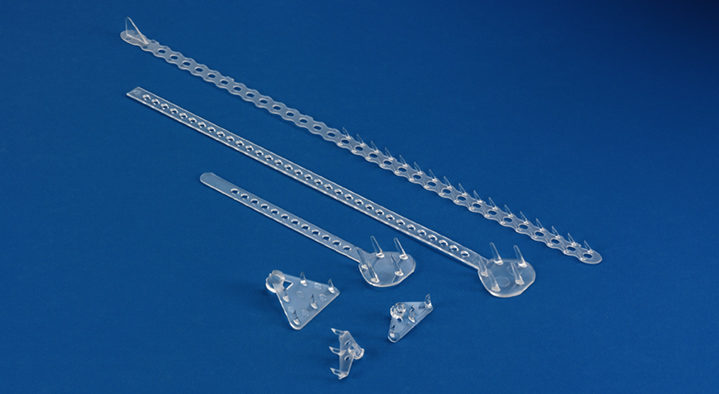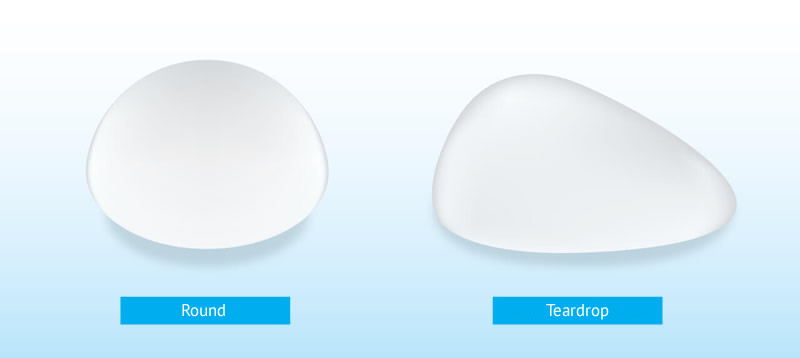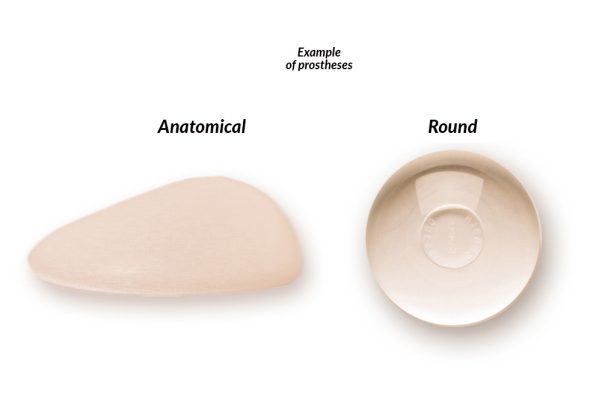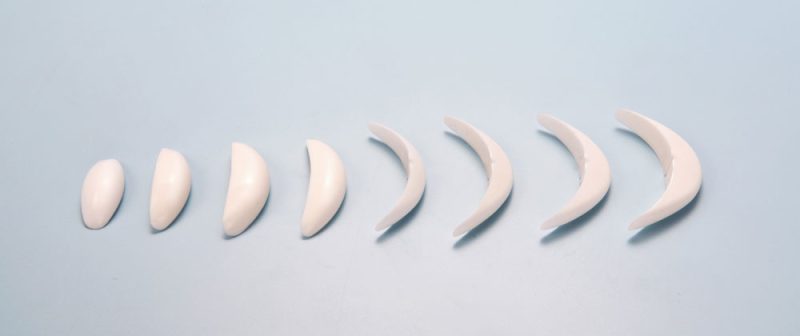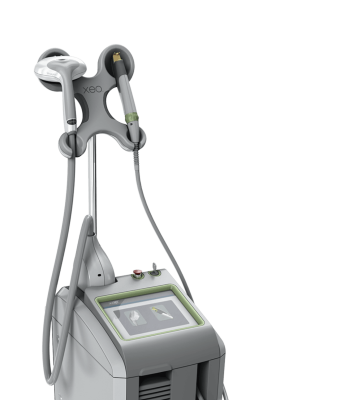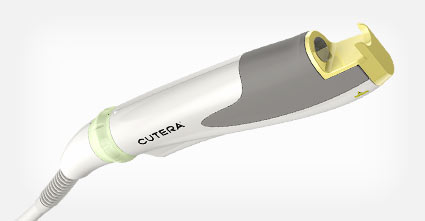plastic surgeon in Iran
A plastic surgeon is a type of medical specialty that focuses on repairing, reconstructing, or reshaping body parts. This specialty mainly has two sub-specialties: reconstructive surgery, which includes repair of scrapes, burns, post-cancer and accident surgeries, and cosmetic surgery, which focuses on changing the appearance of the body for unnecessary reasons.
Education and training
To become a plastic surgeon, one must obtain a doctorate in medicine from an accredited university. After that, they must attend an introductory training program (usually for five years) where the person is trained in various areas of surgery. Then, to specialize in plastic surgery, they must attend a subspecialty training program (usually two to three years) devoted entirely to plastic surgery.
responsibilities
Responsibilities of a plastic surgeon may include:
– Consulting with patients about their cosmetic and restorative goals
– Assessing the physical condition of patients and determining the appropriate treatment plan
– Performing surgical operations on patients
– Following up on patient care after surgery and evaluating the recovery process
Skills
A plastic surgeon must have very high technical skills and be able to work with high precision. They should also have good communication skills, as they should be able to talk to patients about their goals and concerns. The ability to make quick decisions under pressure is also essential for a plastic surgeon.
Who are candidates for plastic surgery?
Plastic surgery candidates
Suitable candidates for plastic surgery are usually people who:
1. They are in good health: People who are physically healthy and without any severe or uncontrolled diseases such as diabetes or high blood pressure are the best candidates for plastic surgery.
2. Have realistic goals: People who have clear and realistic goals about the possible outcomes of plastic surgery are better candidates. A plastic surgeon can make significant improvements and changes in appearance, but the results should not be expected to be absolutely “perfect” or “ideal”.
3. Have good mental health: People who have good mental health and without any severe or uncontrolled mental disorders such as depression or anxiety are more suitable candidates for plastic surgery. Plastic surgery can have a significant impact
People who are not suitable for plastic surgery
Although many people can benefit from plastic surgery, some people are not suitable for plastic surgery. These people include:
1. People with poor health: People with severe or chronic illnesses, such as heart disease, uncontrolled diabetes, or lung disease, may not be suitable for plastic surgery. These diseases can increase the risks of surgery and delay the recovery process.
2. People with unrealistic expectations: People who expect plastic surgery to completely change their life or give them a “perfect” look may not be suitable for plastic surgery. Plastic surgery can make significant improvements, but it doesn’t mean it’s perfect or solves all of a person’s problems.
3. People with serious mental or emotional problems: People who struggle with mental or emotional problems such as severe depression, anxiety, or eating disorders may not be suitable for plastic surgery. Cosmetic surgeries may temporarily create positive feelings, but these operations cannot solve psychological or emotional problems.
4. People who use tobacco or drugs: The use of tobacco or drugs can increase the risks of surgery and slow down the recovery process. People who are unable to stop using these substances may not be suitable for plastic surgery.
Finally, the decision to undergo plastic surgery should be made in consultation with an expert plastic surgeon and a thorough examination of the individual’s health.

